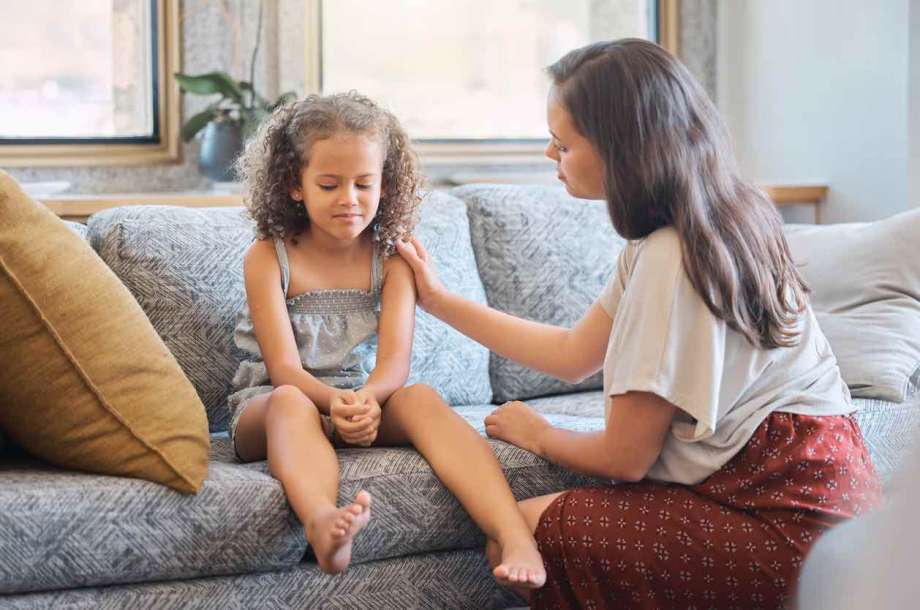Kindergarten Prep: Respect

Kindergarten Prep: Respect
Personal responsibility also involves the concept of respect—respect for others, respect for things, and self-respect.
What Your Child Should Know
Your child should know:
- That it is important to demonstrate respect for others and the property of others
- How her actions demonstrate a sense of respect
How You Can Help
As your child heads off into the kindergarten classroom, respect will be an important part of her success in the classroom and an important ongoing learning process. Some children naturally develop a sense of respect early on while others need more guidance in this area. Here are a few tips for helping your child develop a sense of respect.
- To help your child understand the effect respect has on others, use the term "respect" when showing appreciation for something your child has done or said that makes you happy or proud. For example, you might say, "Picking this flower for your teacher is so thoughtful. What a respectful and kind gesture." In other words, combine the word "respect" with other words (such as kindness) that give the word a positive meaning.
- To help your child build a healthy respect for herself and for other people, model the concept of respect. Let your child catch you showing respect to others through your actions or words. Purposely let your child hear you say something respectful about her teacher or others in her life. Let your child overhear you say something respectful and loving about her to a friend or another parent.
- Play simple games that teach the actual word and concept of respect in a more hands-on way. For example, pick out two baskets. Make one of the baskets bright and pretty (this will be your respect basket) and make the other basket old and dingy (this will be your disrespect basket). Fill your disrespect basket with items you have collected around the house that are lacking in respect: torn books, a broken toy, a stuffed animal with a missing button, or a dirty cup. Tell your child that the items in your "disrespect basket" want to be moved to the "respect basket" and only she can help them out. Invite her to figure out with you why the object landed in the disrespect basket in the first place and then what can be done to help the item move over to the happy and very pretty respect basket!
Role-Playing
Finally, remember that role-play is an excellent tool for acting out the way your child interacts with the people in her life. Take time to do a little role-playing with her. You can be the grouchy kid and she can be the kind parent. See where she goes with the role-play and have fun being "disrespectful" but always end your play with the message that being respectful makes everyone feel much better.
Reflect, Revise, Revisit
Be observant of your child's words and actions. If you see that she is struggling to show respect for others or for things belonging to others, look for the reasons why. Perhaps your child was just tired or was feeling angry. Help her look for ways to express her feelings and needs without being disrespectful to others. You may need to help your child learn to verbalize her frustration or you may need to make sure she gets more sleep. There will be times when thers may not deserve your child's respect, but the message for her must remain constant. The concept of respect can be so complex and it will probably take time and certainly a consistent message in order for your child to sort it all out. With your patient guidance and example, your child will get the message you are trying to share.